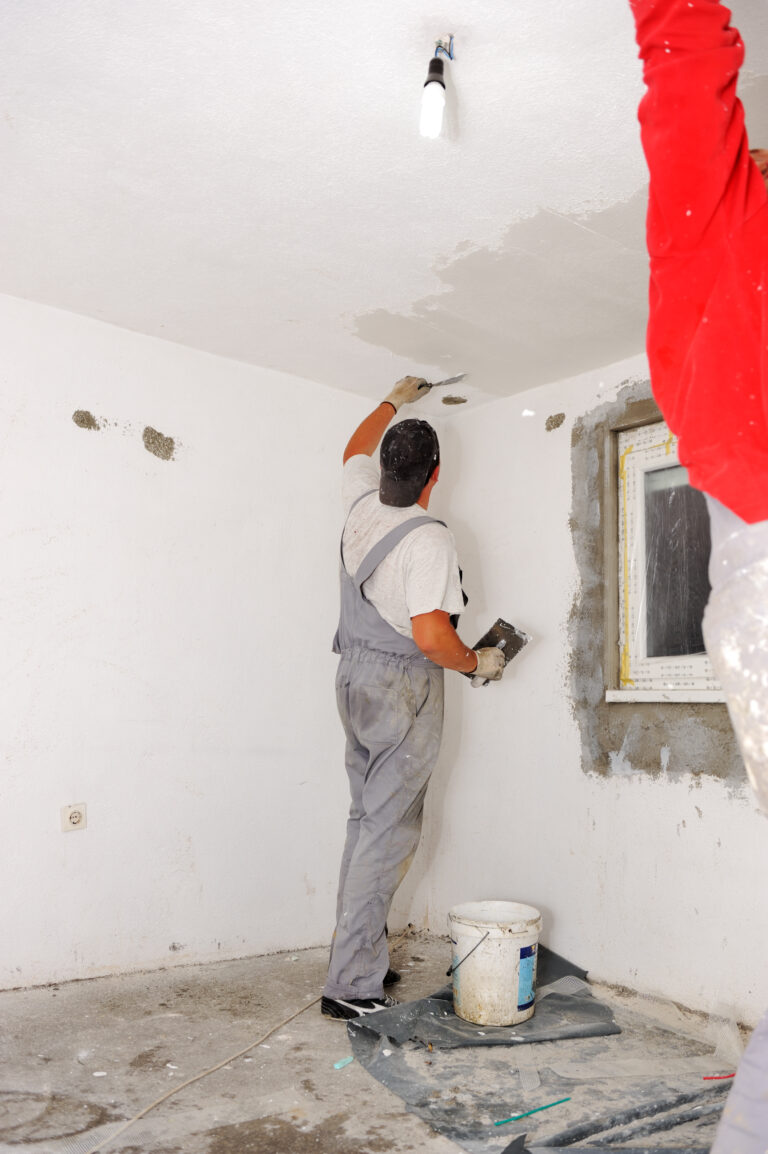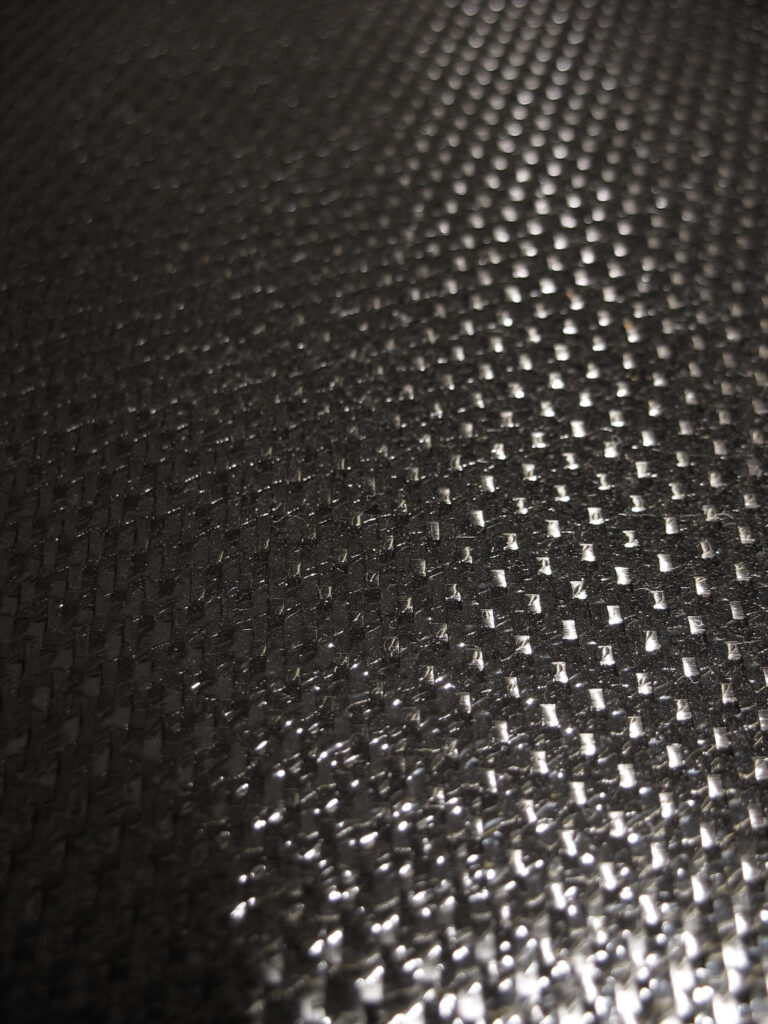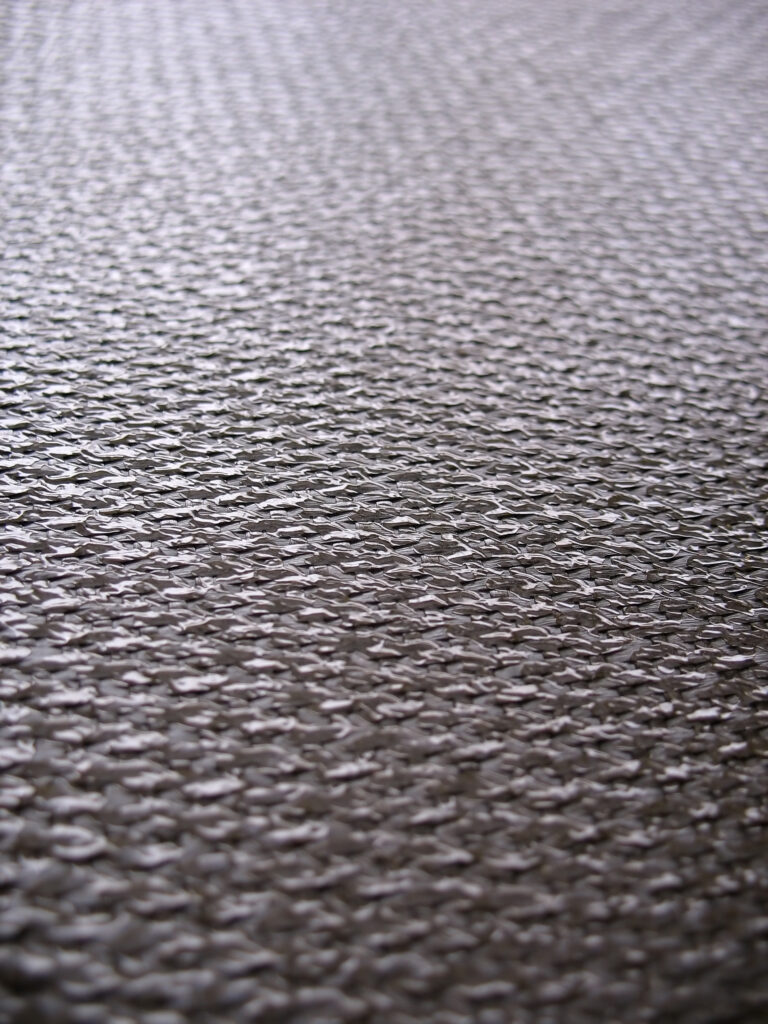Is Mold Making You Sick? Common Signs and Symptoms, Plus Natural Remedies That Work
Mold is a type of fungus that grows in damp or wet areas. It can be found both indoors and outdoors, and it comes in many different colors and shapes. While mold is not always harmful, some types of mold can release toxins into the air that can cause health problems for people who are exposed to them. In this blog post, we’ll explore how mold affects your health, common signs and symptoms of exposure, natural remedies for mold exposure, and what you can do to take action against mold in your home.

Introduction to Mold and Its Health Effects
Mold can grow almost anywhere, including on walls, ceilings, floors, carpets, furniture, and even clothing. When mold spores become airborne, they can be inhaled by humans and animals, which can lead to a range of health issues. Some people may experience allergic reactions to mold, while others may develop respiratory problems such as asthma or bronchitis. Long-term exposure to mold has been linked to more serious health conditions, such as chronic fatigue syndrome, fibromyalgia, and even cancer.
Common Signs and Symptoms of Mold Exposure
The most common sign of mold exposure is an allergic reaction, which can include sneezing, runny nose, congestion, coughing, and watery eyes. Other symptoms of mold exposure may include headaches, difficulty breathing, skin rashes, and digestive problems. People with weakened immune systems, such as those living with HIV/AIDS or undergoing chemotherapy, may be particularly vulnerable to the effects of mold exposure.
The Dangers of Long-Term Mold Exposure
Long-term exposure to mold can have serious consequences for your health. Over time, repeated exposure to mold can damage your lungs and immune system, making it harder for your body to fight off infections and illnesses. Chronic exposure to mold has also been linked to neurological disorders, such as memory loss and depression. Additionally, mold exposure has been associated with increased risk of developing certain types of cancer, including lung cancer and leukemia.
Natural Remedies for Mold Exposure
If you suspect that you have been exposed to mold, there are several natural remedies that can help alleviate your symptoms. One effective remedy is to consume foods high in vitamin C, such as citrus fruits, leafy greens, and bell peppers. Vitamin C helps boost your immune system and can help reduce inflammation throughout your body. Another helpful remedy is to use essential oils, such as tea tree oil or lavender oil, which have antifungal properties and can help kill mold spores. Finally, increasing your intake of omega-3 fatty acids, which are found in fish like salmon and tuna, can help reduce inflammation and support overall brain function.
Conclusion: Taking Action Against Mold in Your Home
If you suspect that there is mold in your home, it’s important to take action immediately. Start by identifying any sources of moisture, such as leaky pipes or windows, and address these issues promptly. Next, clean any visible mold using a mixture of bleach and water. Finally, consider hiring a professional mold removal company to inspect your home and ensure that all traces of mold have been removed safely. By taking proactive steps to eliminate mold from your environment, you can protect yourself and your family from potential health risks.






